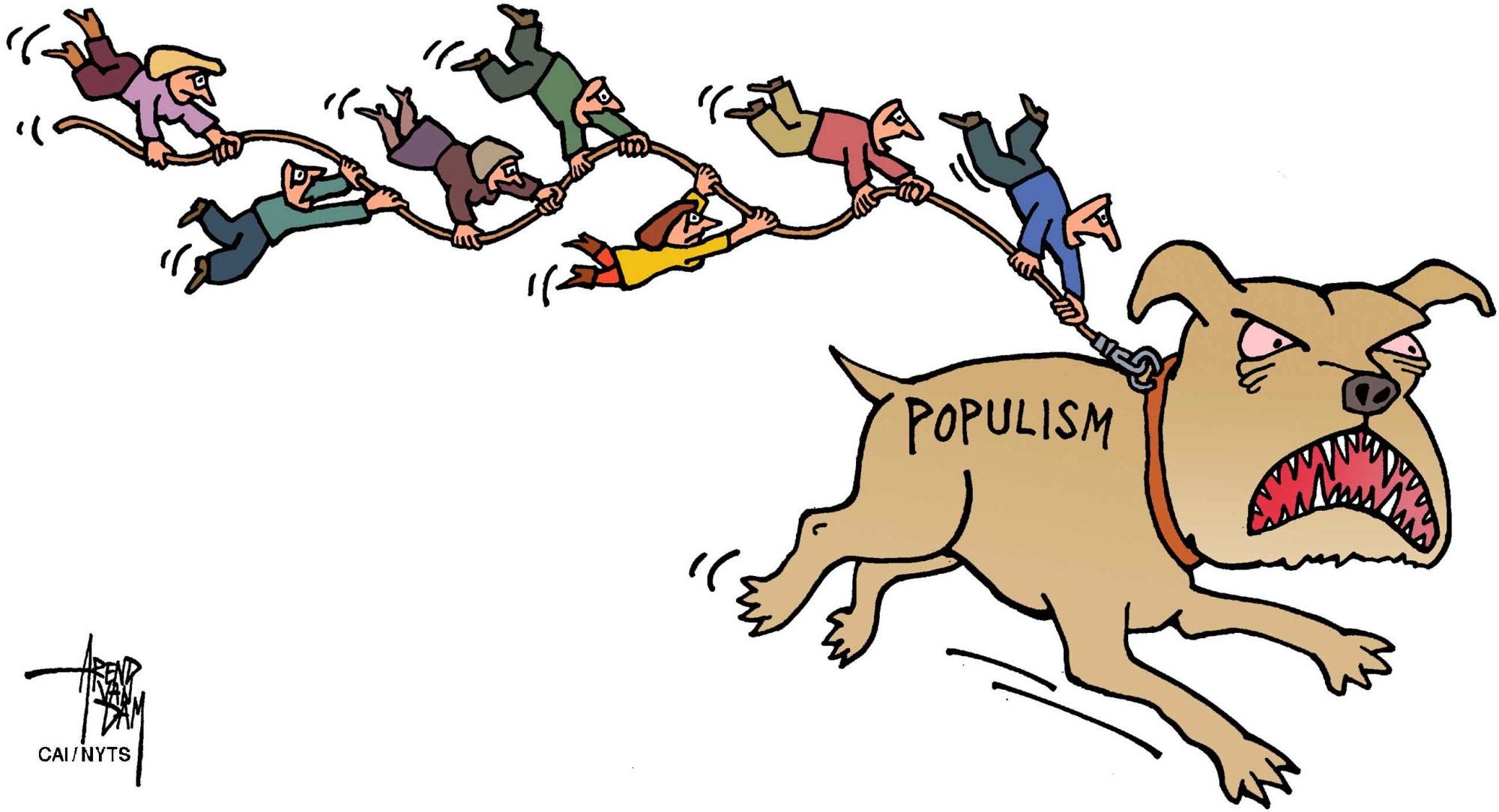The big question in Asian countries right now is what lesson to take from Donald Trump's victory in the United States' presidential election, and from the United Kingdom's Brexit referendum, in which British voters opted to leave the European Union. Unfortunately, the focus is not where it should be: geopolitical change.
Instead, for the most part, economic narratives have prevailed: globalization, while improving overall wellbeing, also dislocates workers and industries, and generates greater income disparity, creating the anxious electorates that backed Brexit and Trump. An alternative narrative asserts that technological advances, more than globalization, have exacerbated economic inequalities, setting the stage for political disruptions in developed countries.
In either case, policymakers in emerging countries have identified inequality as a major problem, and rallied around efforts to improve social mobility, lest globalization and new technologies displace their middle and working classes, and clear a path for their own versions of Trump and Brexit. For Asian countries, the policy prescription is clear: take care of disadvantaged populations and provide retraining and new employment opportunities for displaced workers.


















With your current subscription plan you can comment on stories. However, before writing your first comment, please create a display name in the Profile section of your subscriber account page.